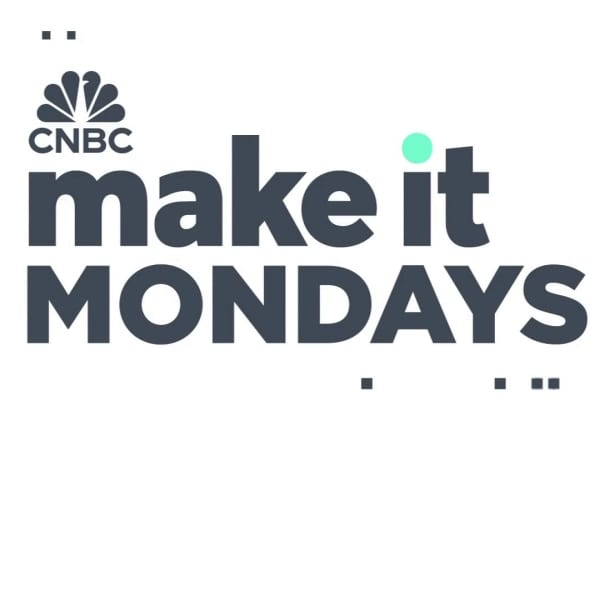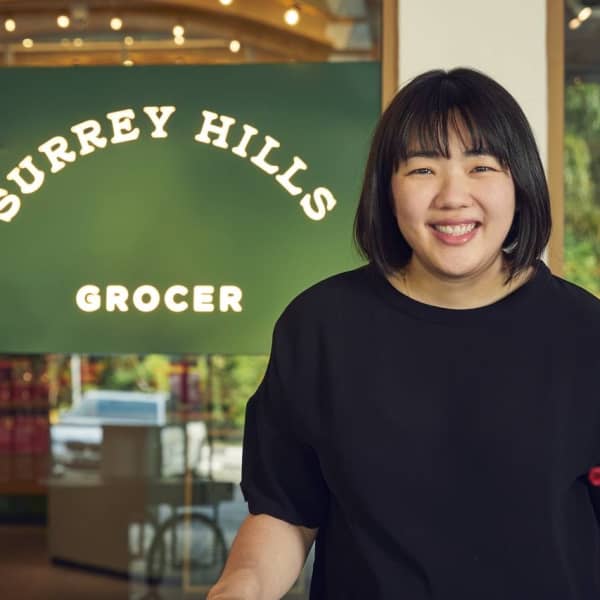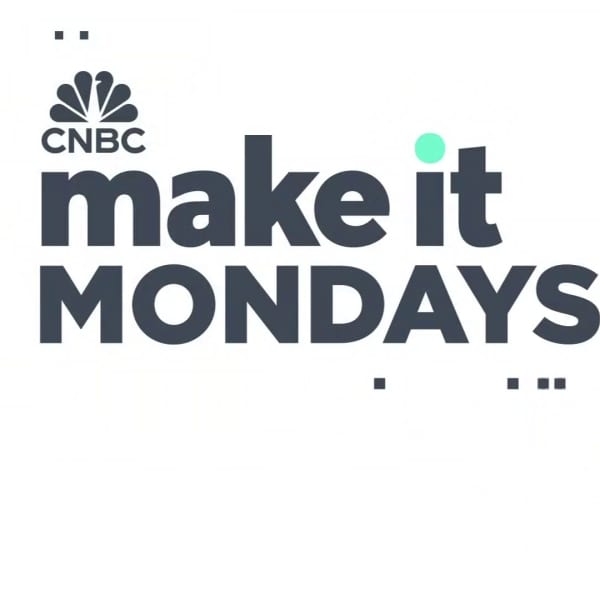Constantin Bisanz has a simple mission: be happy and healthy for a long time. It's an imperative he also wants to share with others.
The Austrian entrepreneur with a knack for kite-surfing and Eastern philosophy, has so far succeeded. Since selling his first company at age 14, Bisanz has found recurrent and lasting success. His first company, Brands4Friends, was a German e-commerce alternative to Europe's Gilt Group that fetched $220 million when he sold it to eBay in 2011. Flush from that payday, Bisanz used it to start a new brand that makes a difference by enriching the lives via your daily diet.
In 2014 Bisanz's new opportunity presented itself in the form of Aloha, an all-natural food company based in New York City that sells a range of healthy snacks and wellness products, and promotes healthy living on all fronts. In addition to the shopping section of the site, Aloha offers tips for eating and living well—and dispenses wisdom from noteworthy boldface names such as Huffington Post founder Arianna Huffington, author Deepak Chopra, and cosmetics entrepreneur Bobbi Brown.
Aloha is one of the latest entrants in a crowded space for wellness and organic food, which last year hit a record $43.3 billion in sales, according to the Organic Trade Association. Despite having to face off against stiff competition in the industry, Bisanz mix of protein powders, drink mixes, snacks and teas have amassed a substantial and loyal consumer base. Aloha's founder told CNBC its customer base has grown by 95 percent, with 2/3 of trial members returning for a full monthly subscription.
However, Bisanz argued the bottom line isn't what Aloha is chasing, but is more focused on the idea of helping people live healthier, happier lives. "For us it is much more important to never sacrifice the quality of our product and not make it too expensive for most people than to have the best margins," he told CNBC in a recent interview.
Aloha raised $4.5 million in first round seed money. Website sales are the primary driver of Aloha's revenue, with online gross sales increasing by 100 percent between 2015 and 2016, the company disclosed to CNBC.
A big part of that was driven by a partnership with Target that brought Aloha products to all 1800 stores across the country. In the near term, Aloha said it plans to bolster its online platform and continue its push into brick-and-mortar retailers.
"Being approached by Target was a big milestone for us," Bisanz said. "It showed that we had something successful that people were willing to get behind. Especially when they skipped trying us out in just a few stores, and instead put us in all of them."
The partnership was seen by Aloha as a validation of its strategy to bring healthy living to a mass market by making its products available to a wider and more diverse consumer. Most players in the wellness industry are targeted toward more affluent consumers, but Aloha's placement in Target raises expectations that it can appeal to upmarket as well as downmarket buyers.
And the quality Aloha seems to be selling the most is lifestyle. Bisanz consulted with a host of nutrition specialists and doctors to create Aloha's products, and he now serves as brand's chief evangelist. Bisanz is a veteran kite-surfer who actually set a world record in the Bering Strait.
While leaving the day to day operations to "more qualified people" in the company's headquarters in Manhattan's Chelsea section, Bisanz travels the world in a mission to inspire people to join a movement of healthy, organic living.
Still, Aloha is swimming in an already saturated market, and facing off against some of the organic eating's trendiest brands like Juice Generation, Green and Tonic, Juice Press, and even Nestle have entered the market and staked their claim on the consumer base.
Meanwhile, there's the ongoing debate about organic food itself. Research from the Mayo Clinic says it "isn't clear" whether natural foods are in fact healthier than conventional food, and pointed to their comparatively higher costs as being a barrier to the movement being embraced fully by the population.
The healthy eating space may be crowded, but Bisanz isn't terribly concerned—or impressed—by the competition. He insisted the quality of Aloha's offerings is enough to stand it up against anything else on the shelves.
"Most of the stuff out there claiming to be healthy actually isn't," Bisanz told CNBC. "It's loaded with sugar and chemicals that are bad. I believe that customers will see the Aloha brand as a seal of approval for the highest quality. We want to deliver what they claim."




